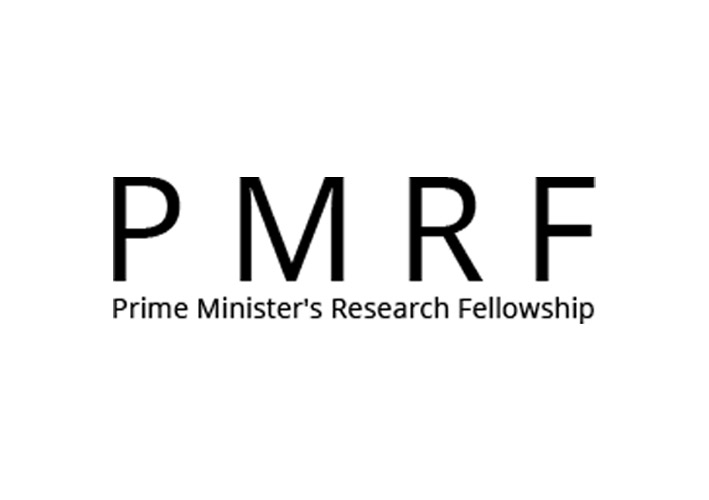Functions of Internal Audit
Internal Audit can play the role of overseeing the Finance and Performance related conduct of the Institute. The Rule 70 of General Financial Rules 2017 lays down the duties and responsibilities of the Chief Accounting Authority. It requires the Chief Accounting Authority to:
(1) Financial Audit
- Be responsible and accountable for financial management of the Institute;
- Ensure that public funds are used by the Institute for the purpose for which they were meant;
- Be responsible for the effective, efficient, economical and transparent use of resources in achieving the stated objectives of the Institute, while complying with the performance standards;
- Ensure that the Institute (i) maintains full and proper records of financial transactions, and (ii) adopts systems and procedures that will at times afford internal controls; and
- Ensure that the Institute (i) follows the Government procedures for execution of works, as well as for procurement of services and supplies, and (ii) implements it in affair, equitable, transparent and cost effective manner.
(2) Performance Audit
- Review and monitor regularly the performance of programs and projects assigned to the Institute to determine whether the stated objectives are achieved;
An independent Internal Audit would help the Chief Accounting Authority in all these functions. Internal Audit and Internal Controls are integral parts of sound financial management world over. It should aim at looking both at financial and non-financial aspects of the Institute’s operations, and at ensuring full value for the Institute’s money. The Internal Audit function would help in improving economy, effectiveness and transparency in Institute’s administration, in general, and financial administration, in particular. Also, it would help in maintaining a sound system of record keeping, with adequate checks and balances, to ensure a sound information system for decision making by the executives.
Internal Auditing is an independent, objective assurance and consulting activity designed to add value and improve an organization’s operations. Primarily, it aims at helping the organization to accomplish its objectives by bringing a systematic, disciplined approach to evaluate process of control and governance. Independence is established through the two-pronged organizational and reporting structure. Objectivity is achieved by an appropriate mind-set. The Internal Audit activity evaluates financial management system relating to the organization’s governance, operations and information systems, in relation to:
- Effectiveness and efficiency of operations;
- Reliability and integrity of financial and operational information;
- Safeguarding of assets; and
- Compliance with laws, regulations and contracts.
While this document, in its current form, emphasizes the features of Financial Audit, it is hoped that this document will undergo revisions in future, and reflect issues related to Performance Audit also.













